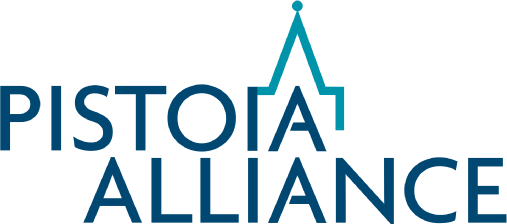
In Vivo Efficacy Data Standards Initiative
Current oncology efficacy data is fragmented and hard to reuse. By defining practical, pre-competitive standards aligned with CDISC SEND, the life sciences community can unlock powerful AI insights, streamline regulatory submissions, and accelerate innovation for patient impact.

Benchmarks for Natural Language Data Mining with LLMs
We are proposing comprehensive benchmarks for Natural Language data mining and Scientific Chat applications to facilitate the rigorous evaluation of large language model (LLM) performance across key stages of the data-to-insight pipeline in pharmaceutical R&D, ultimately supporting more effective deployment of AI in drug discovery.

Allotropy Open-Source Project
Proprietary lab instrument data formats hinder FAIR data and interoperability. We propose an open-source, community-driven effort to standardize data conversion, enabling scalable reuse, reducing redundancy, and maximizing scientific ROI.

Chemical Exchange Format Committee
Inconsistent chemical exchange formats hinder interoperability and innovation. A vendor-neutral committee will clarify standards, document ambiguities, and guide improvements—boosting data quality, reducing inefficiencies, and enabling accurate, scalable chemical data exchange.

The Safety and PV AI Community of Experts
The Safety and PV AI Community of Experts aims to provide a collaborative forum for integrating AI into pharmacovigilance. By uniting industry professionals, it addresses regulatory challenges, promotes best practices, and accelerates AI adoption to improve patient safety, streamline compliance, reduce duplication, and enhance the efficiency of safety monitoring worldwide.

Secure Benchmarking of AI Solutions
A secure benchmarking system for AI solutions enables performance assessment on confidential datasets. By protecting sensitive information, this project supports objective evaluation, fosters trust in AI tools, and accelerates innovation in pharmaceutical research and development.

Agent-Agent Communication Protocol and AI Agent Standard Specs
This initiative aims to establish a standardized framework for AI agents to communicate and collaborate effectively across diverse platforms. By defining clear protocols and roles, it seeks to enhance interoperability, streamline workflows, and accelerate innovation in pharmaceutical research and development.

BAO Update
The existing ontologies (BAO, AFO) fall short in enabling experiment data interoperability and reuse, especially around modeling measurements and defining participant roles. This proposal suggests updating BAO to support accurate, machine-interpretable experimental results, aligning with FAIR principles to enhance aggregation, interoperability, and scientific rigor.
